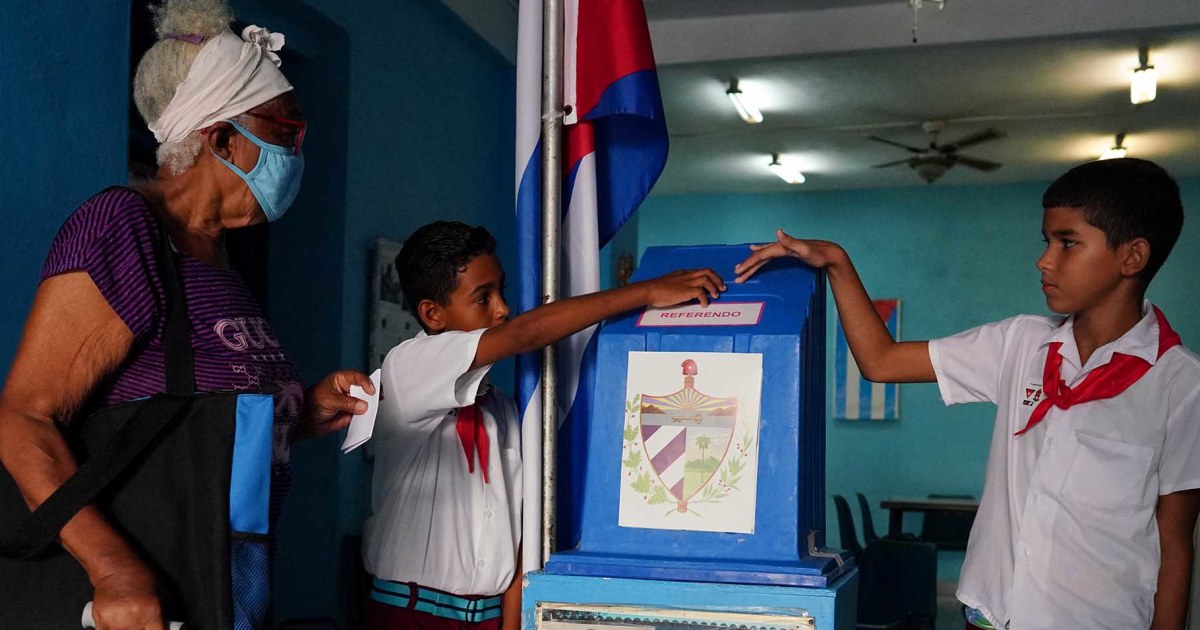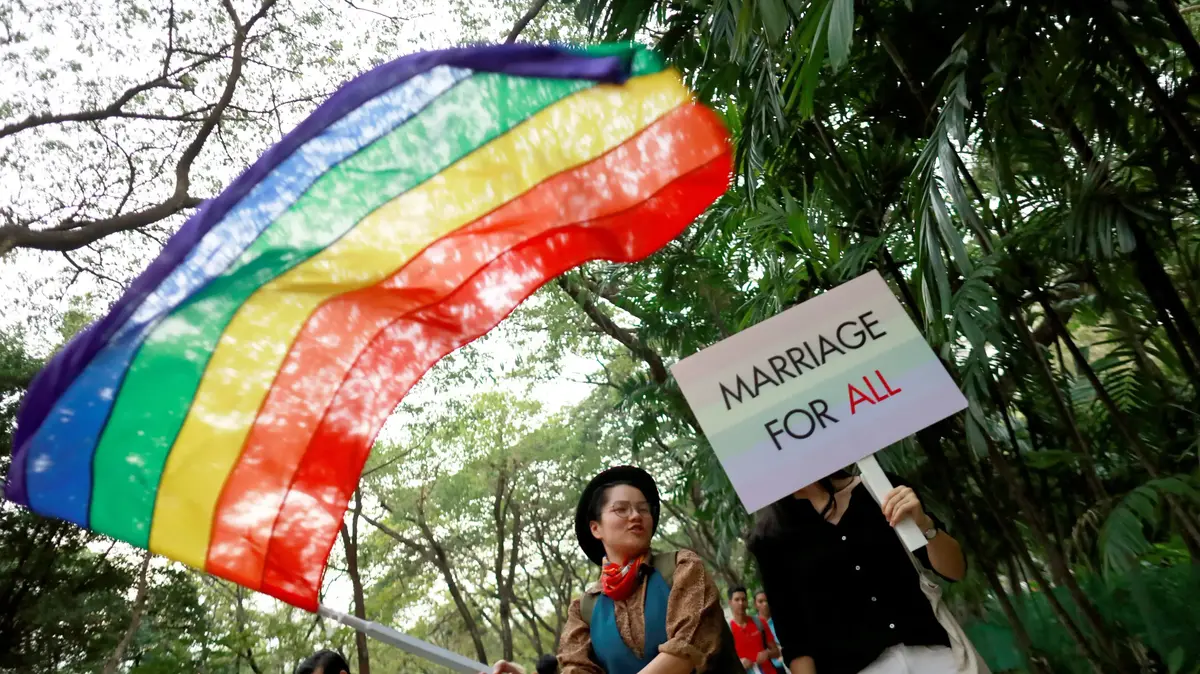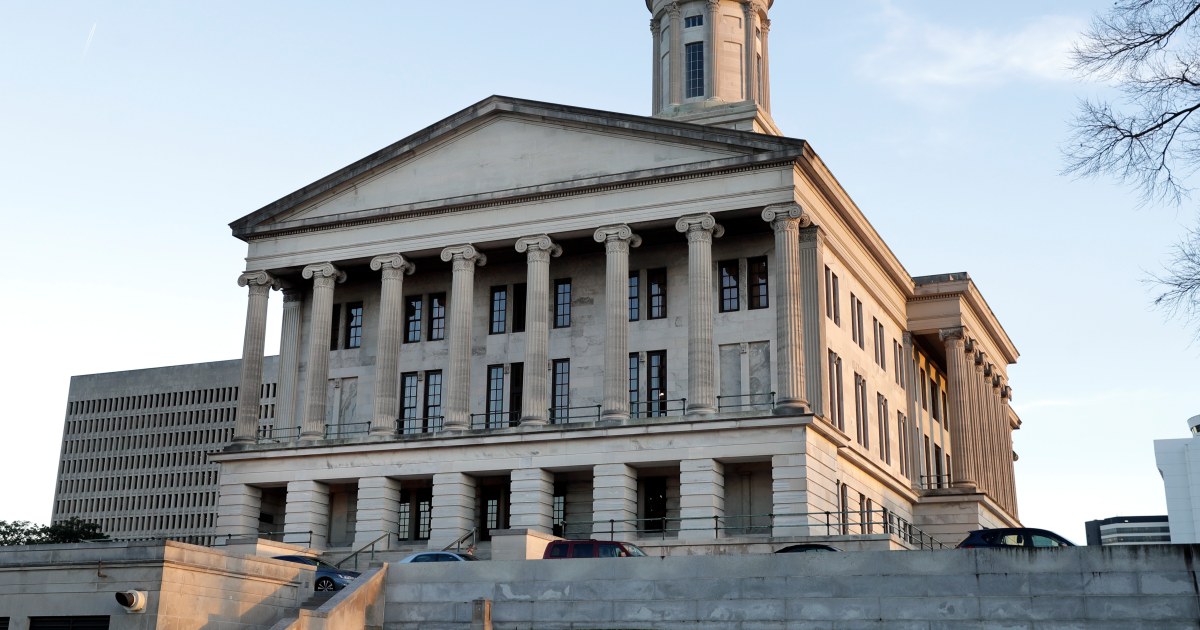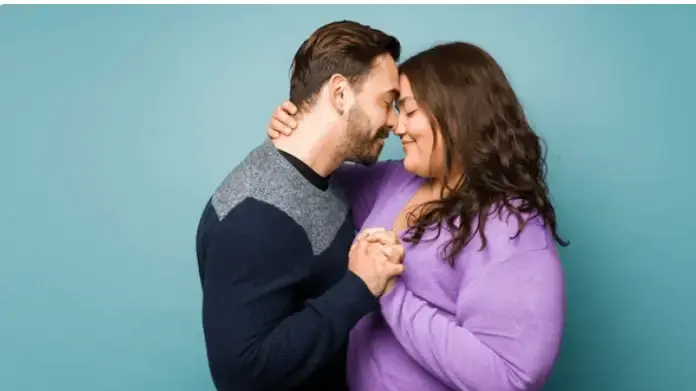Cuba approved this Monday a new Family Code in a historic referendum that opens the doors to same-sex marriage, adoption by same-sex couples and surrogacy, among other changes.
The unusual referendum,
marked by widespread absenteeism at the polls
, confronted the communist island with its past of rejecting gay people, many of whom were criminalized and forced into exile after the 1959 revolution.
The National Electoral Council of the island announced this Monday that
66.87%
of voters (3.93 million Cubans) favored the
'yes'
to the new legal framework that will govern family relations in Cuba.
Meanwhile, 1.95 million voters (
33.13%
) decided for
'no'
.
The 104-page document will replace a regulation from 1975. 6.25 million Cubans went to the polls,
74.01%
of the 8.44 million that made up the voter registry.
It is the lowest participation in a referendum in the recent history of Cuba, where political apathy has gained ground between economic shortages and complaints of repression.
In the months prior to the referendum, the Government
deployed a broad campaign in favor of the Family Code
in the state media, on the street and on social networks.
A history of repression against gay people
The new Family Code, with more than 400 articles, deals for the first time with the issue of the rights of homosexual couples and adoption, which has generated controversy among Cubans.
During the early years of Fidel Castro's revolution, in the 1960s and 1970s, the late communist leader defined homosexuality as a vice of capitalist and bourgeois society.
Children help a voter cast her ballot at a polling station during the referendum on the new Family Code in Havana, Cuba, on September 25, 2022. Alexandre Meneghini / Alexandre Meneghini / Reuters
In a public statement in 1965, the late communist leader said: "We cannot bring ourselves to believe that a homosexual could meet the conditions and the requirements of conduct that would allow us to consider him a true revolutionary, a true communist militant."
The repression that Castro exerted was such that, during those years, gay people (whom he considered counterrevolutionary) were detained, fired from their jobs, and sent to
forced labor camps
known as UMAP (Military Support Units for Production), to his so-called "rehabilitation".
[“They took my son away from me and they took away my fear”: Cuba keeps 14 minors in prison for protesting against the regime]
The persecution also caused the forced exile of many artists, such as the writer Reinaldo Arenas, who recounted the impossibility of expressing his sexual orientation under the Castro regime in his autobiography
Before Night Falls.
Cuba decriminalized sexual relations between people of the same sex in 1979.
An adaptation to the new times
"The government was forced to reconcile with its close past of intolerance and discrimination to fit into the new post-socialist global order. The country needed to open up to the world and offer an image of openness," Cuban historian Abel Sierra Madero told the aforementioned network. on the new Family Code.
Cuba paves the way for gay marriage
July 26, 201800:56
In 2018 there was an attempt to legalize same-sex marriage, but Cuban legislators interrupted it for fear of a homophobic reaction from the population and the consequent little participation in the referendum to approve the new constitution at that time.
This year, however, the same government of Raúl Castro, Fidel's brother, launched a campaign through the state media to support the 'Yes' vote.
[Ian could hit Northwest Florida after passing through Cuba and become more lethal]
The opposition to this Code that grants more rights to the LGBTIQ+ community came from religious organizations, such as the Episcopal Conference of Cuba, and from the growing evangelical community.
But the Government's argument against this refusal was that this change will be proof that, after six decades of revolution, Cuba is
capable of adapting to new times
.









